NEWS

The CEN-CENELEC Workshop on 'Definition of parameters required for modelling of the material, cell and manufacturing process behaviour for battery cells for the automotive market' was kicked off on 24 May 2022.
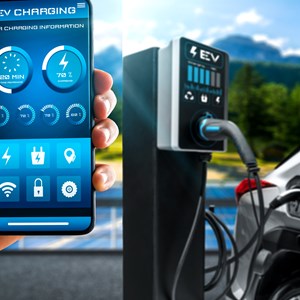
This CEN-CLC/WS intends to develop two CWA (Workshop Agreement):

The CEN Workshop ‘Exchanging of building and infrastructure damage information with the Common Alerting Protocol’ was kicked off on 22 March 2022. The Workshop’s registered participants have agreed on the final draft of the CWA.
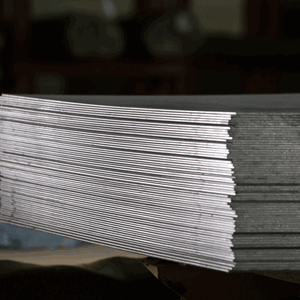
The main objective of the CEN/WS 'Fracture toughness evaluation methodologies applied to advanced high strength steel sheets' is to provide guidelines describing different methodologies, informing about their suitability, and to provide recommendations that can be applied by the manufacturers during the planning, design, and operational phases of the manufacture of AHSS sheets.

The CEN Workshop ‘Management of forest fire incidents – SITAC-based symbology’ was kicked off on 16 February 2022. The Workshop’s registered participants have agreed on the final draft of the CWA.
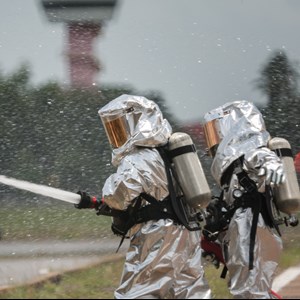
The CEN Workshop ‘Structuring an emergency response plan for crisis management stakeholders’ was kicked off on 27 January 2022. The Workshop’s registered participants have agreed on the final draft of the CWA.
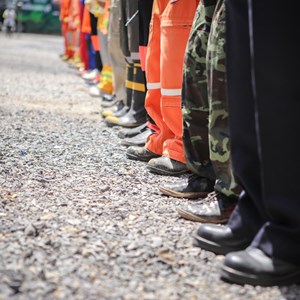
The CEN Workshop 'Collaborative emergency response – Common addressing format and emergency identification protocol' was kicked off on 18 February 2022. The Workshop’s registered participants have agreed on the final draft of the CWA.
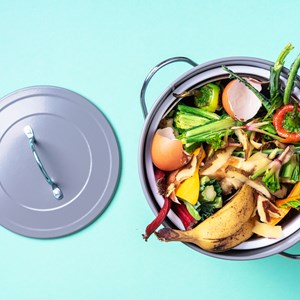
This CEN Workshop Agreement defines the process for extraction and purification of PHA biopolyesters using chlorinated solvent-free and wet chemistry methods from enriched biomass.

Two draft CEN Workshop Agreements (CWAs) developed by CEN/WS IPCI ‘Improvement of information processing in crisis management of critical infrastructures for computer assisted data gathering, display and reporting’ are now open for public commenting.

This CEN Workshop Agreement (CWA) aims to cover standardisation gaps of the evaluation phase and lessons learnt documentation of an exercise of crisis management.